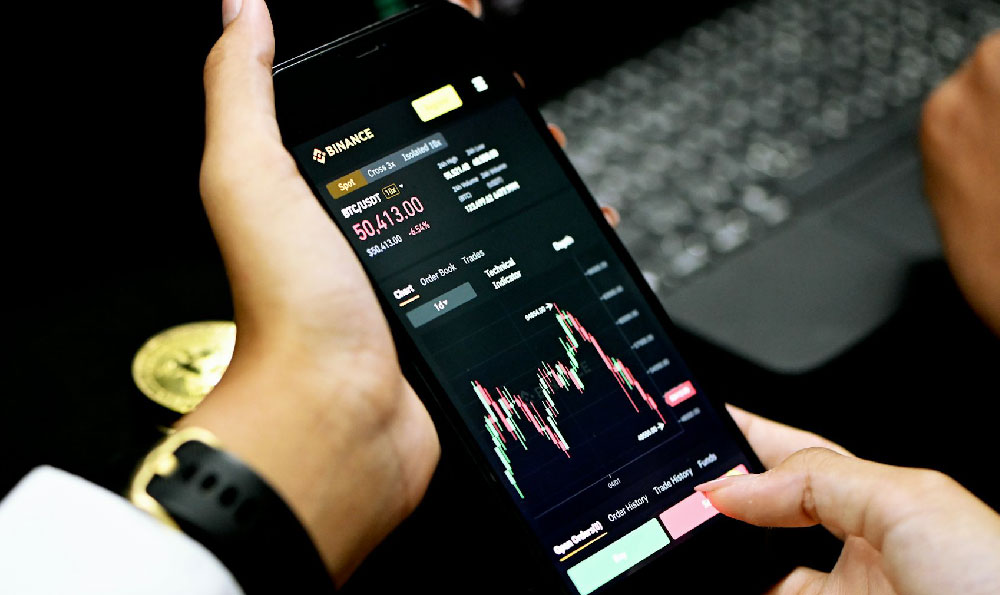Pinterest, often envisioned as a visual discovery engine brimming with inspiration for recipes, home decor, and fashion trends, holds a surprising amount of potential for monetization. While not as overtly commercial as platforms like Instagram or Facebook, Pinterest offers unique avenues for individuals and businesses to generate revenue by leveraging its highly engaged user base and visually-driven format. The question isn’t whether it's possible to monetize Pinterest, but rather how effectively you can implement strategies that align with the platform's ethos and cater to its users' needs.
One primary approach to monetizing Pinterest involves affiliate marketing. Given Pinterest's visually rich nature, it's ideally suited for showcasing products through compelling images and engaging descriptions. Users are actively searching for inspiration and solutions, making them receptive to product recommendations that solve their needs or desires. For instance, a fashion blogger can create visually appealing boards featuring outfits and link each image directly to the retailer's website through affiliate links. When a user clicks on the link and makes a purchase, the blogger earns a commission. The key to successful affiliate marketing on Pinterest lies in providing genuine value to your audience. Focus on curating high-quality content, recommending products you genuinely believe in, and transparently disclosing your affiliate relationships. Overly aggressive or irrelevant promotion can quickly alienate your audience and damage your credibility.
Another effective strategy is driving traffic to your own website or online store. Pinterest serves as a powerful traffic generator, directing potential customers to your online presence where they can learn more about your products or services. Businesses can create visually appealing pins showcasing their offerings, accompanied by compelling descriptions and a clear call to action directing users to their website. Content marketing plays a crucial role in this strategy. By creating valuable and informative content related to your niche, you can attract a targeted audience to your Pinterest boards and subsequently drive traffic to your website. For example, a woodworking business could create pins showcasing their handcrafted furniture, linking back to blog posts on their website that discuss the craftsmanship involved, the types of wood used, and decorating tips. This approach not only drives traffic but also establishes the business as an authority in its field, building trust and fostering customer loyalty.

Selling your own products directly on Pinterest is another avenue to consider. Pinterest has expanded its e-commerce capabilities, allowing businesses to create shoppable pins that link directly to product pages on their website or even allow users to make purchases directly within the platform. This streamlined shopping experience reduces friction and makes it easier for users to convert from browsers to buyers. The visual nature of Pinterest is particularly advantageous for showcasing tangible products, allowing businesses to highlight their features and benefits in an engaging and visually appealing manner. Professional-looking product photography and detailed descriptions are essential for driving sales on Pinterest.
Leveraging Pinterest for brand awareness can indirectly lead to monetization. Building a strong brand presence on Pinterest can increase visibility, attract new customers, and ultimately boost sales. By consistently sharing high-quality content that aligns with your brand values, you can establish yourself as a thought leader in your industry and build a loyal following. This increased brand awareness can translate into higher website traffic, more leads, and ultimately, increased revenue. Partnering with other businesses or influencers in your niche can also expand your reach and introduce your brand to a wider audience.
Furthermore, offering services like social media management or Pinterest marketing consulting is a viable monetization strategy, especially if you have a proven track record of success on the platform. Many businesses struggle to effectively leverage Pinterest for their marketing efforts, and are willing to pay for expert guidance and assistance. By offering services such as pin design, board curation, keyword research, and campaign management, you can help businesses optimize their Pinterest presence and achieve their marketing goals. This approach leverages your expertise and provides a valuable service to businesses seeking to improve their visibility and drive results on Pinterest.
However, monetizing Pinterest effectively requires a strategic approach and a deep understanding of the platform's dynamics. You need to thoroughly research your target audience, identify their interests and pain points, and create content that resonates with them. Keyword research is crucial for optimizing your pins and boards for search, ensuring that your content is discoverable by users searching for relevant topics. Consistency is key. Regularly pinning fresh and engaging content is essential for maintaining a strong presence on the platform and keeping your audience engaged. Analyze your Pinterest analytics to track your performance and identify what's working and what's not. Pay attention to metrics such as impressions, saves, clicks, and conversions to optimize your strategy and maximize your results.
Avoid common pitfalls that can hinder your monetization efforts. Spamming your audience with irrelevant or overly promotional content can quickly alienate them and damage your reputation. Using low-quality images or poorly written descriptions can make your pins appear unprofessional and deter users from clicking through. Neglecting to engage with your audience can create a sense of disconnect and hinder the development of a loyal following. Ensure the links you add to your pins are working correctly and lead to the intended destination. Broken links can lead to a frustrating user experience and negatively impact your conversion rates.
In conclusion, monetizing Pinterest is not only possible but can be a highly effective strategy for individuals and businesses alike. By leveraging the platform's visual nature, engaged user base, and e-commerce capabilities, you can generate revenue through affiliate marketing, website traffic generation, product sales, brand awareness, and service offerings. Success hinges on creating high-quality content, understanding your audience, staying consistent, and adapting your strategy based on data-driven insights. By adopting a strategic and ethical approach, you can unlock the monetization potential of Pinterest and achieve your financial goals.












